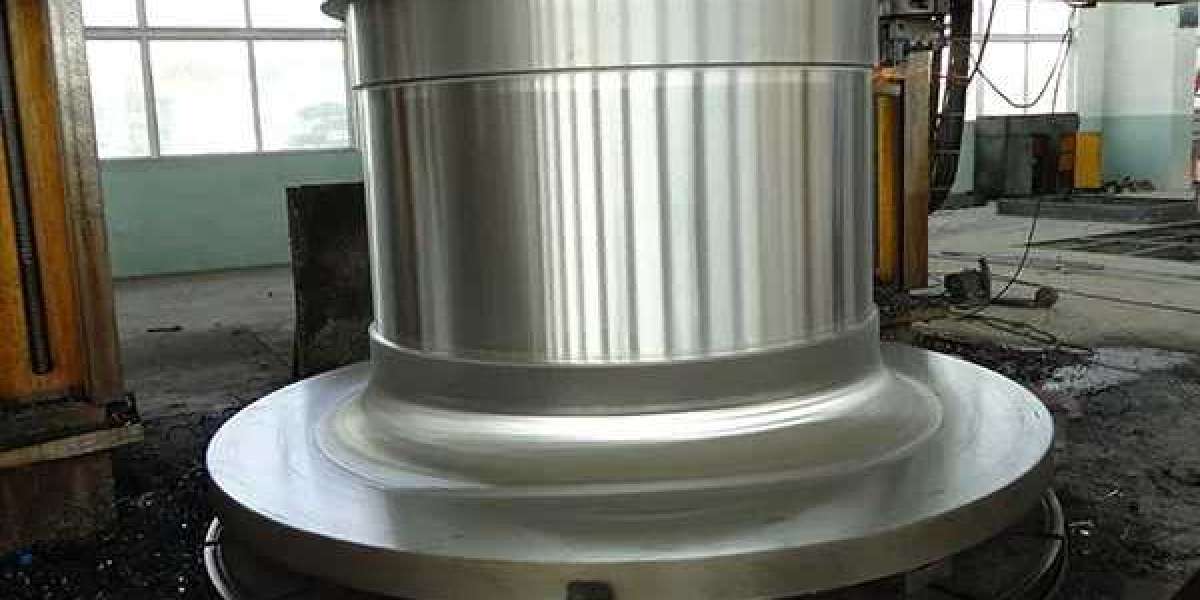The cement industry is a cornerstone of modern construction and infrastructure development. At the heart of this industry lies the ball mill, a crucial piece of machinery used for grinding raw materials into fine powder. One of the critical components of a ball mill is the hollow shaft, which plays a significant role in the efficient operation of the mill. This article delves into the importance of the ball mill hollow shaft and its impact on the cement manufacturing process.
The Ball Mill: A Brief Overview
A ball mill is a type of grinder used to grind materials into extremely fine powder for use in mineral dressing processes, paints, pyrotechnics, and ceramics. It works on the principle of impact and attrition: as the balls drop from near the top of the shell, they create high impact forces that break down the material. The mill operates by rotating a cylinder with steel balls, which then grinds material to the necessary fineness by friction and impact with the balls and the mill shell lining.

The Hollow Shaft: A Key Component
The hollow shaft, also known as the mill shaft, is a central component of the ball mill. It is a hollow cylindrical structure that supports the rotating parts of the mill, including the gears, pinions, and the mill itself. The shaft is designed to withstand high torque and rotational forces while maintaining precision and durability. Here are some of the key roles the hollow shaft plays in a ball mill:
1.Support and Rotation: The hollow shaft supports the entire weight of the mill and allows it to rotate. It is the central axis around which the mill turns, ensuring smooth and efficient grinding.
2.Torque Transmission: The shaft transmits the torque from the motor to the mill, ensuring that the grinding process has the necessary power to function effectively.
3. Heat Dissipation: Due to the friction generated during the grinding process, the hollow shaft can become hot. The hollow design allows for better heat dissipation, preventing overheating and maintaining the shaft's integrity.
4. Lubrication: The hollow shaft often contains a lubrication system to reduce friction and wear. This is crucial for the longevity of the shaft and the overall efficiency of the mill.
5. Alignment and Stability: The shaft must be precisely aligned to ensure the mill operates smoothly. Any misalignment can lead to increased wear, reduced efficiency, and potential mechanical failure.
Maintenance and Replacement
Given the critical nature of the hollow shaft, regular maintenance is essential. This includes checking for wear, ensuring proper lubrication, and monitoring for any signs of damage. Over time, the shaft may need to be replaced due to wear and tear or damage. The replacement of a hollow shaft is a significant undertaking, as it requires disassembly of the mill and careful reassembly to ensure proper alignment and function.

The Impact on Cement Production
The efficiency and longevity of the ball mill directly impact the production of cement. A well-maintained hollow shaft ensures that the mill operates at peak efficiency, grinding materials into the fine powder required for cement production. Any downtime due to shaft failure can lead to significant costs in terms of lost production and repair expenses.
Conclusion
The hollow shaft is a critical component in the operation of a ball mill within the cement industry. Its role in supporting the mill, transmitting torque, and maintaining the overall efficiency of the grinding process cannot be understated. By understanding the importance of the hollow shaft and implementing proper maintenance practices, cement manufacturers can ensure the reliability and efficiency of their ball mills, contributing to the production of high-quality cement.
China Special Metal Group Limited (CSM), a supplier of steel casting for metallurgical machinery, cement mining machinery, building material machinery, ceramic industry, forging industry, shipbuilding industry and chemical industry, is dedicated to offering high-quality of steel casting, high-precision machining products and welded fabrications to valued customers all over the world.
If you are looking for ball mill hollow shaft solutions or related technical support, welcome to contact us.
E-mail:sales@special-metal.com








